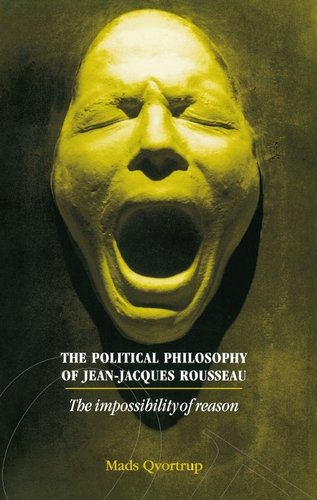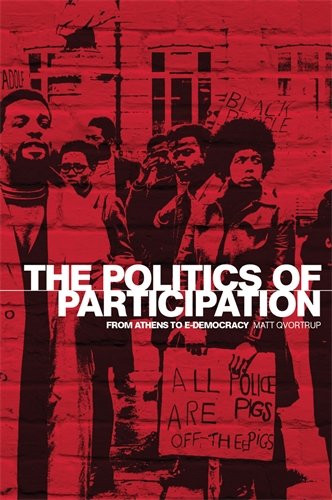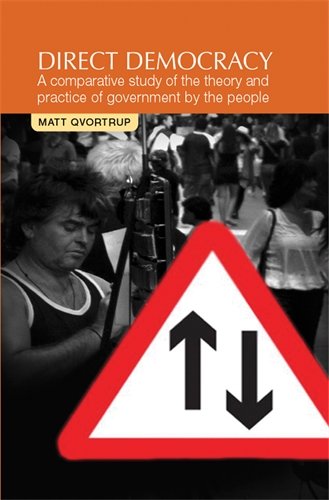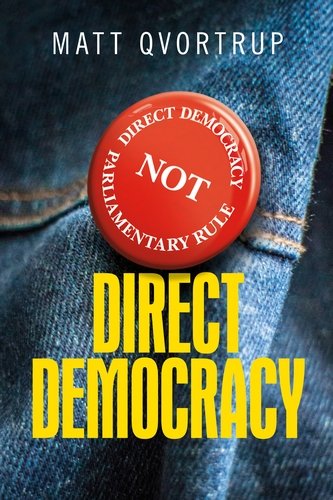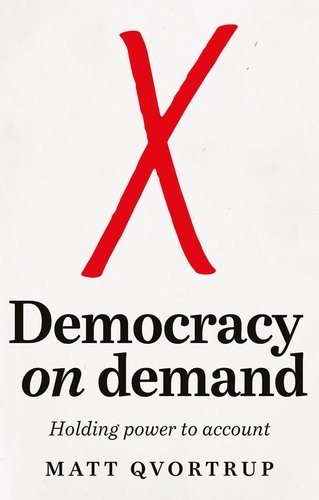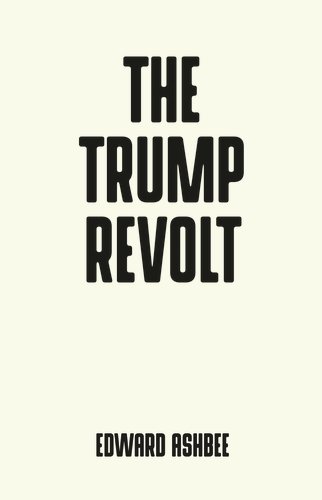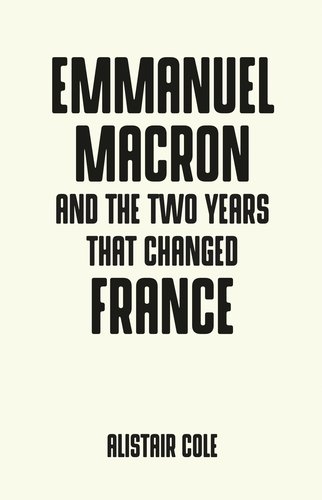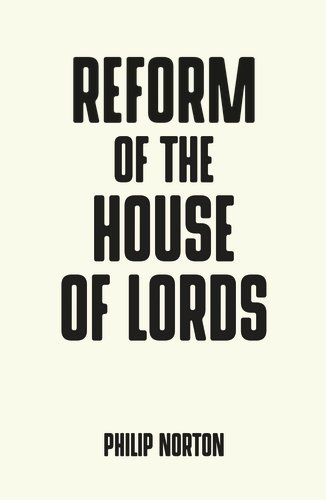Government by referendum
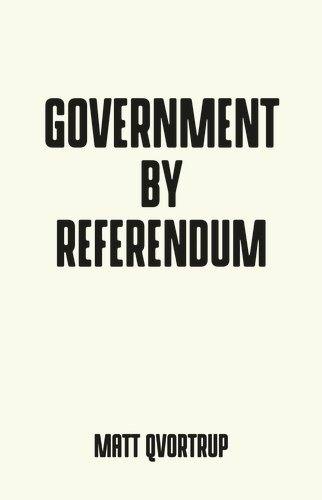
Referendums are ubiquitous; from Brexit in the United Kingdom in 2016 to same-sex marriage in Australia in 2017 Why are referendums held at all? And when they are held, why are they won or lost? Moreover, what are the consequences of having referendums? Do they strengthen or weaken democracy? Are they mainly won or mainly lost or do they strengthen populist leaders? Or, are referendums a shield against demagogues and overeager politicians? Government by Referendum analyses why politicians sometime submit issues to the people Based on an historical analysis, but with an emphasis on the last two decades, the book shows that referendums often have been lost by powerful politicians. While sometimes used by autocrats, mechanisms of direct democracy have increasingly performed the function of democratic constitutional safeguards in developed democracies. -- .

Matt Qvortrup is Professor of Political Science at Coventry University and James Walston Chair of International Relations at the American University of Rome

